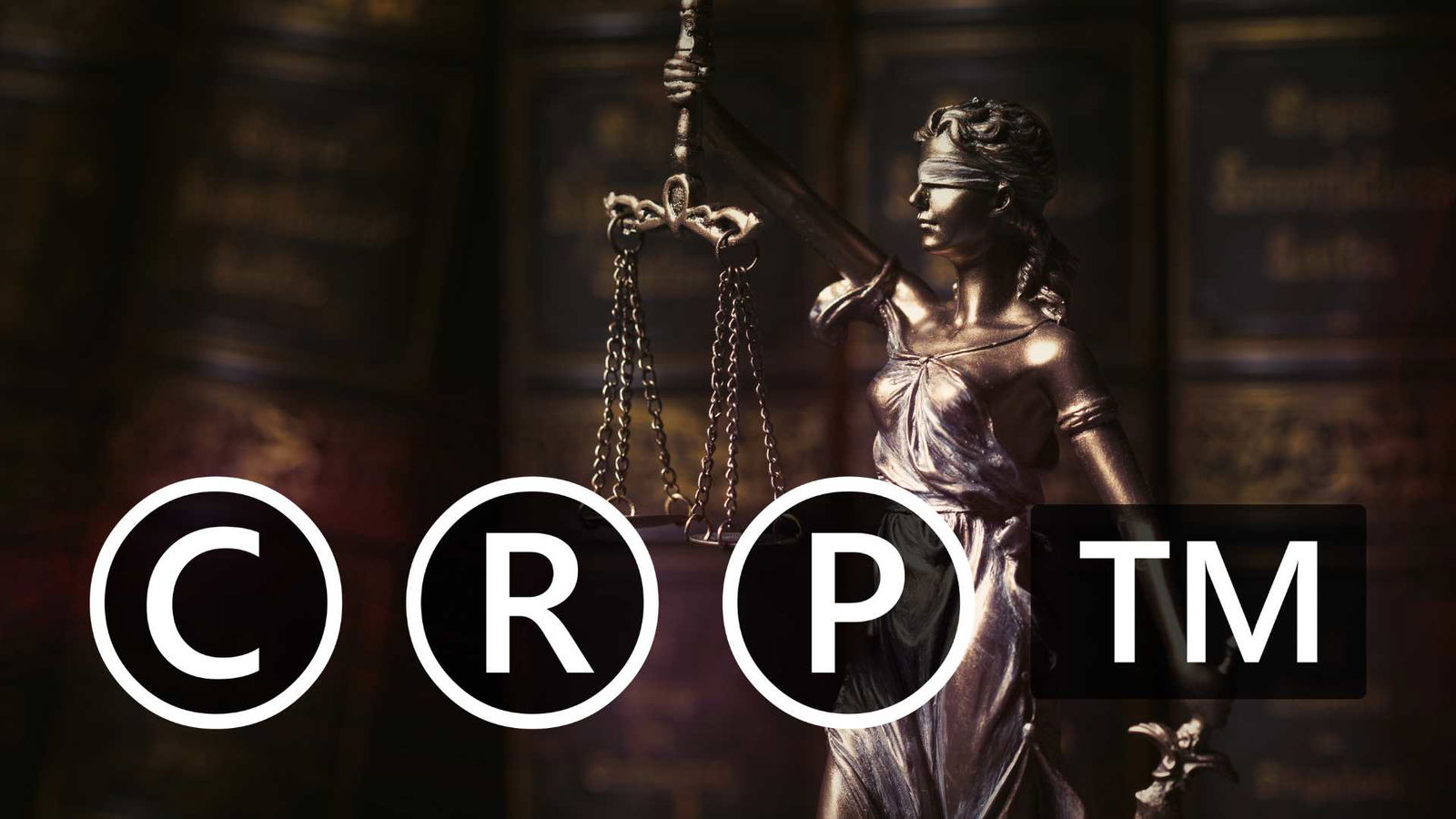Companies, mainly those run by Non-Resident Indians (NRIs), need to report trademarks in India to protect their intellectual property rights and build a strong brand name. To begin, you have to select a unique brand, fill out an application form, and send the specified paperwork and prices through the Controller General of Patents, Designs, and Trademarks website. Issuing passes may want to take anywhere from 18 to 24 months.
Criteria for Non-Resident Indians (NRIs) to Register a Trademark in India
NRIs who wish to build a name in India must meet the following conditions:
● The non-resident Indians (NRIs) must have a business mark or a specific place for service in India.
● The brand should be unique and not look or sound like other brands that sell the same goods or services.
● NRIs must comply with all legal requirements and rules surrounding brand filing in India.
How NRIs Can Register a Trademark Step-by-Step
The step-by-step process for an NRI to build a brand in India is as follows:
● Online filing: NRIs may start the brand filing process by checking the Controller General of Patents, Designs and Trademarks website.
● Trademark Research and Selection: NRIs must perform thorough trademark research to ensure the chosen brand is unique and not already used. Trademark selection should consider marketability, link to the goods or services, and uniqueness.
● Application and Document Submission: NRIs must fill out the trademark application form and send the necessary documents, including a passport copy, proof of business presence in India, a trademark permission letter, the trademark class and description, and a trademark model or picture.
● Timelines: The brand filing process in India can take 18-24 months from the entry date. This plan covers the study, release, and possible pushback steps before the final approval.
By following these steps and sticking to the legal requirements, NRIs can successfully register their trademarks in India, ensuring the safety of their brand and intellectual property rights.
Legal Considerations in Trademark Search and Selection
Conducting a thorough trademark search is crucial to avoid possible clashes with existing trademarks and ensure the legal availability of your chosen mark. Key things to consider when picking a brand include:
1. Distinctiveness: Choose a unique and distinctive name that sets your brand apart from rivals and is more likely to be accepted for trademark protection. Avoid general or detailed terms that simply describe your goods or services.
2. Relevance: Select a name important to your business and its goods, helping buyers form a strong link between your brand and products/services.
3. Marketability: Consider the trademark’s visual appeal, memorability, and potential for evoking a positive response from consumers. A well-designed brand that is easy to read, name, and say is more likely to win in the marketplace.
By carefully choosing a unique, relevant, and valuable trademark and finishing a thorough search to ensure its legal availability, you can build a strong brand identity and reduce the risk of expensive legal fights down the line.
NRI Trademark Registration Fees and Timelines
The number of goods or service classes for which the brand is registered sets the costs for NRI trademark registration in India. Usually, the register prices rise with the number of groups; the rates are set per class. From the date of application, the registration procedure usually takes 18–24 months to finish, and it includes many steps, including application processing, inspection, posting, and possible resistance.
Examining and Approving NRI Trademark Applications
The process of reviewing and accepting NRI patent applications in India includes the following key steps:
The trademark office carefully studies the NRI’s trademark application to ensure it meets legal requirements and does not clash with existing trademarks. If the application gets the examination, the brand is then released in the Indian brand Journal, allowing third parties to review it and make any complaints or oppositions. Suppose no valid complaints or oppositions are made within the set timeline. In that case, the trademark is generally accepted for registration, giving the NRI exclusive rights to use the mark for the mentioned goods or services.
Opposition and Cancellation of NRI Trademarks
- Opposition by Third Parties: Any person can question a trademark application within four months of its release in the Trademark Journal. This includes people who think the name may cause misunderstanding or lies among buyers.
- Grounds for Cancellation: A registered name can be removed if it has not been used for an unbroken period of five years. This rule is controlled by Section 47 of the Trademark Act 1999.





